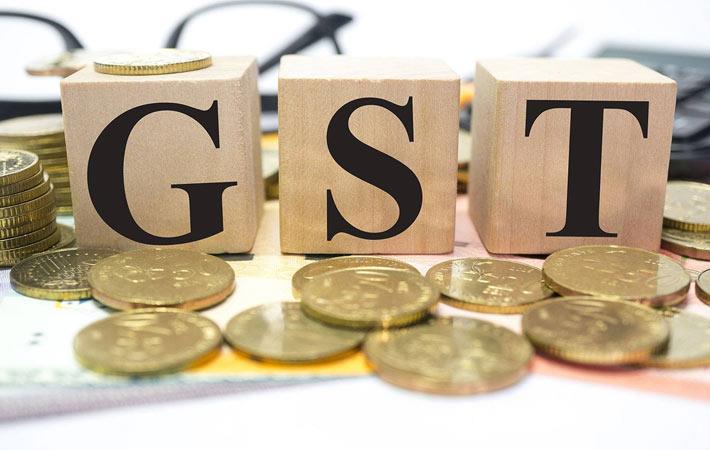GST aims to bring informal sector under formal economy

The GST would enhance the tax base eventually leading to reduction in tax rates. The increased revenue from taxes would enable targeted spending towards betterment of poor, old, children and women and other deprived sections of the society. Besides, the government would be able to develop better infrastructure, said Piyush Goyal, minister of state (I/C), power, coal, new & renewable energy and mines, at a session on ‘GST-The Indian Economy & the Way Ahead’ organised by FICCI Ladies Organisation (FLO).
Goyal also said that GST would create a level playing field by removing discrepancies from the system with the help of technology. Earlier, with multiple taxes in place, it was easier to evade taxes but the GST framework makes it necessary for businessmen to record each transaction. He also urged women to promote and become the harbingers of GST.
Referring to different tax slabs in GST, Goyal added that one tax for the entire range of goods and services would have created an imbalance in the economy by making common goods expensive. Therefore, with different tax rates, the government attempted to keep the tax on common goods lower or equal to earlier regime wherever possible to keep them affordable.
“With this session, we aim to empower women with enhanced knowledge on GST and the implementation of it in business as also daily lives. This is in sync with the vision of FLO, which is to Change Lives - Women Empowering Women as also with our mission to promote economic empowerment and equal opportunity for women,” said Vasvi Bharat Ram, president, FLO.
“FLO believes that the resources and strengths of women need to be channelised, to help their full potential. It acts as a catalyst for the social and economic advancement of women and society at large. Educational and vocational training programmes, talks, seminars, panel discussions and workshops on a vast range of subjects especially concerning women and business are a part of this process,” added Bharat Ram.
She also said, “While we are happy that goods such as bindi, sindoor, kajal, bangles, which are specifically used by women, come under no tax slot. But, sanitary products, that are useful to every woman but is not accessible as widely has been made tougher to access because of its hiked up tax rate. This is something that we would request the government to look into as sanitary pads are not a luxury, it is a necessity for women.” (KD)
Fibre2Fashion News Desk – India
































-Ltd..jpg?tr=w-120,h-60,c-at_max,cm-pad_resize,bg-ffffff)





.jpg?tr=w-120,h-60,c-at_max,cm-pad_resize,bg-ffffff)
.jpg?tr=w-120,h-60,c-at_max,cm-pad_resize,bg-ffffff)






